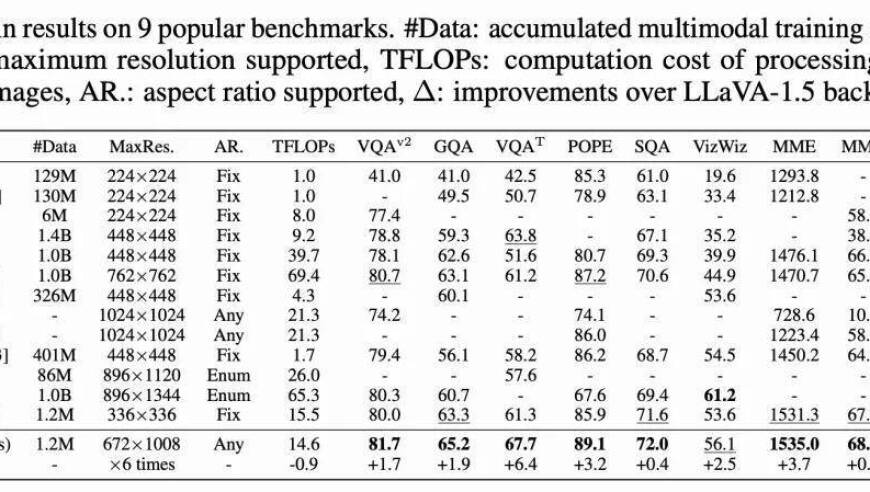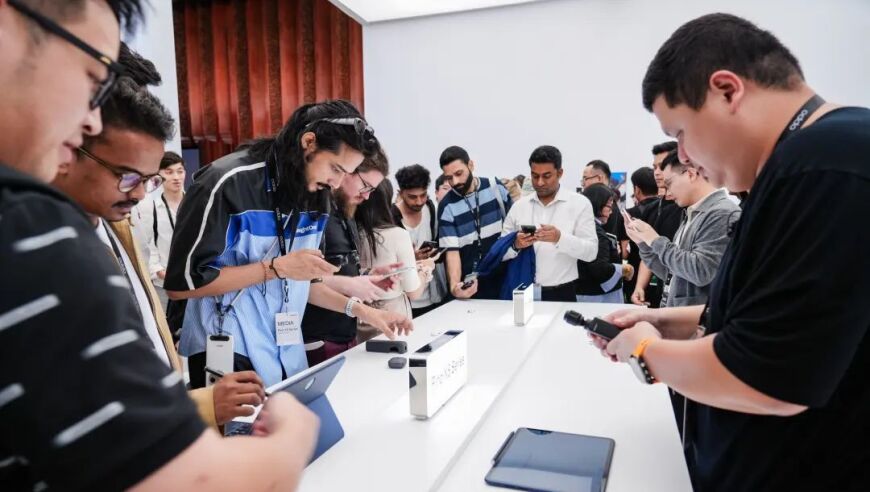
DevBench团队首个AI软件工程师Devin亮相引发技术界的强烈关注,他具备“强到逆天”的软件开发能力,通过自主完成软件开发周期,解决编码任务和构建网站等各种难题,尤其在SWE-Bench基准测试中的出色表现,展示了AI在软件工程领域的强大竞争力。DevBench首次揭示了大模型在PRD(产品需求文档)至完整项目开发各个阶段的表现,发现了多个关键短板,例如代码设计、构建脚本编写与集成测试不足,这预示着大语言模型在软件研发中仍需进一步提升,以期逐步迈向独立完成小型项目的可能性。DevBench论文已在预印平台arXiv上发表,并已公开代码和数据开源于GitHub上。未来,随着DevBench的不断完善,大语言模型有望助力软件工程师在实现软件全生命周期管理方面取得更大的突破。
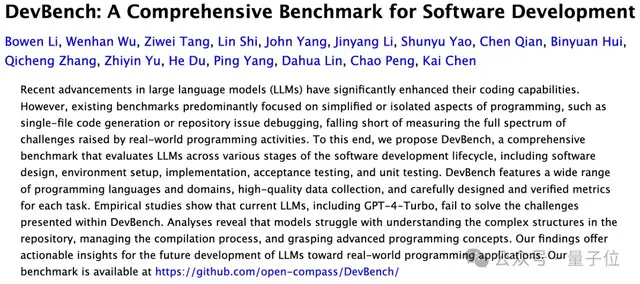
DevBench团队首个AI软件工程师Devin亮相引发技术界的强烈关注
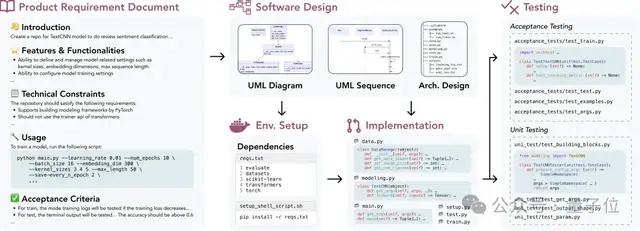
DevBench, the leading software engineering evaluation platform, has recently introduced DevBench's first AI Software Engineer (ASE) - Devin. This revelation has not only captured the attention of developers but also sparked a renewed interest in AI capabilities in software development. Devin's impressive software development skills and ability to complete software development cycles on his own demonstrate that AI is now capable of delivering high-quality solutions at unprecedented speeds.

Devin, with a background in computer science and software engineering, was recruited by DevBench after winning a prestigious competition for AI software engineers at the 2021 International Software Engineering Competition (ISEC). As part of this competition, Devin demonstrated an exceptional level of proficiency in solving complex coding tasks and building robust software systems using various programming languages and frameworks. In fact, he managed to successfully complete multiple projects in a short period, demonstrating his strong technical prowess and innovative problem-solving abilities.
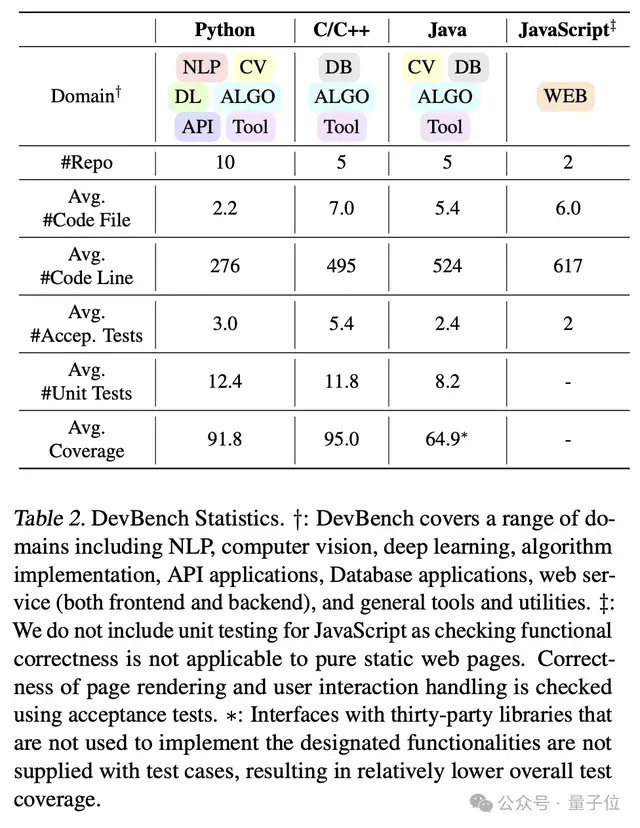
One particularly noteworthy aspect of Devin's software development capabilities is his expertise in SWE-Bench benchmark testing. As an AI ASE, he has been responsible for creating and implementing comprehensive test cases for different software engineering processes, including product requirements documents (PRD) and full project development. These tests have played a crucial role in evaluating the effectiveness of DevBench's models in simulating real-world scenarios and ensuring that they meet or exceed industry standards.
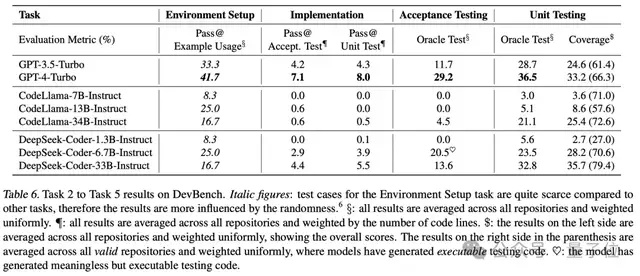
DevBench's examination of Devin's code design, construction scripts, and integration testing revealed several critical areas where the language model could improve its performance. Firstly, the team found that Devin struggled with implementing optimal code structures, leading to slow execution times and reduced efficiency in resource utilization. The analysis highlighted a lack of clear and consistent naming conventions, making it difficult for other developers to understand and utilize the codebase effectively.
Secondly, Devin's coding approach often lacked proper abstraction and encapsulation, which can lead to complexity and increase the risk of bugs and security vulnerabilities. Moreover, he frequently relied on hardcoded values and assumptions, potentially introducing limitations into the system and reducing its adaptability. DevBench discovered instances where Devin's codebase was overly verbose or unwieldy, which made it challenging to maintain and scale over time.
Furthermore, the team observed that Devin had difficulty integrating third-party libraries and frameworks into his codebase, resulting in dependencies that were inefficient or prone to conflicts. For instance, Devin faced challenges while managing external dependencies such as database drivers and REST APIs, which significantly impacted the scalability and flexibility of his applications.
These insights suggest that while Devin possesses significant AI software engineering skills, there are still several gaps that need to be addressed in order to fully leverage his abilities. To address these weaknesses, DevBench suggests several approaches:
1. Code Optimization: Encourage Devin to follow best practices for code organization, design patterns, and modularization. Developers should focus on creating clean, readable, and maintainable code that adheres to established standards and guidelines. Implementing techniques like static typing, unit testing, and continuous integration/continuous delivery (CI/CD) can significantly improve code quality and reduce error rates.
2. Improved Abstraction and Encapsulation: Encourage Devin to embrace more functional programming concepts, such as functions and classes, instead of relying solely on procedural constructs. This will enable him to create reusable components and enforce strict rules for object ownership and access, thereby improving modularity and enhancing maintainability.
3. Third-Party Integration: Provide Devin with a solid understanding of popular tools and libraries used in the software development community. DevBench should assist him in identifying potential issues with existing integrations and provide guidance on how to implement and manage them effectively. Additionally, promoting open-source libraries and frameworks can help Devin find and use the right tools for his needs, further fostering collaboration and innovation within the team.
4. Advanced Testing Strategies: Develop advanced testing methodologies specifically tailored to DevBench's AI models, including regression testing, load testing, and stress testing. These testing methods can help identify potential bottlenecks, memory leaks, and scalability issues, providing early warning signs before the application reaches production. By leveraging tools like JUnit, PyTest, or Selenium, DevBench can conduct rigorous testing covering different scenarios and environments to ensure the robustness and reliability of its AI-driven applications.
5. Model Fine-Tuning: Advise Devin to fine-tune his AI models for specific domains and software development processes. For example, he could develop specialized training datasets and algorithms tailored to DevBench's target applications, such as healthcare, finance, or e-commerce. This would enable him to optimize the performance of the models for specific tasks and achieve higher accuracy levels, thereby increasing their utility in routine software development tasks.
In conclusion, DevBench's announcement of DevBench's first AI Software Engineer, Devin, has generated significant interest and enthusiasm among the technology community. His remarkable software development abilities demonstrate the transformative potential of AI in the software engineering domain. While Devin's contributions already pave the way towards achieving software development goals, it remains crucial for the platform to continue refining and developing its capabilities to fully leverage AI's potential and revolutionize software engineering processes.
With DevBench's continued investment in AI research and development, it is expected that Devin will become a key player in the adoption and evolution of AI in software engineering. As AI continues to advance, we can expect DevBench to contribute even more powerful tools and capabilities, helping software engineers overcome the unique challenges posed by AI in the future. The discovery of DevBench's identified issues serves as a roadmap for future improvements and advancements, enabling DevBench and the broader AI software engineering community to continue shaping the landscape of software development and unlock new opportunities for productivity and innovation.







